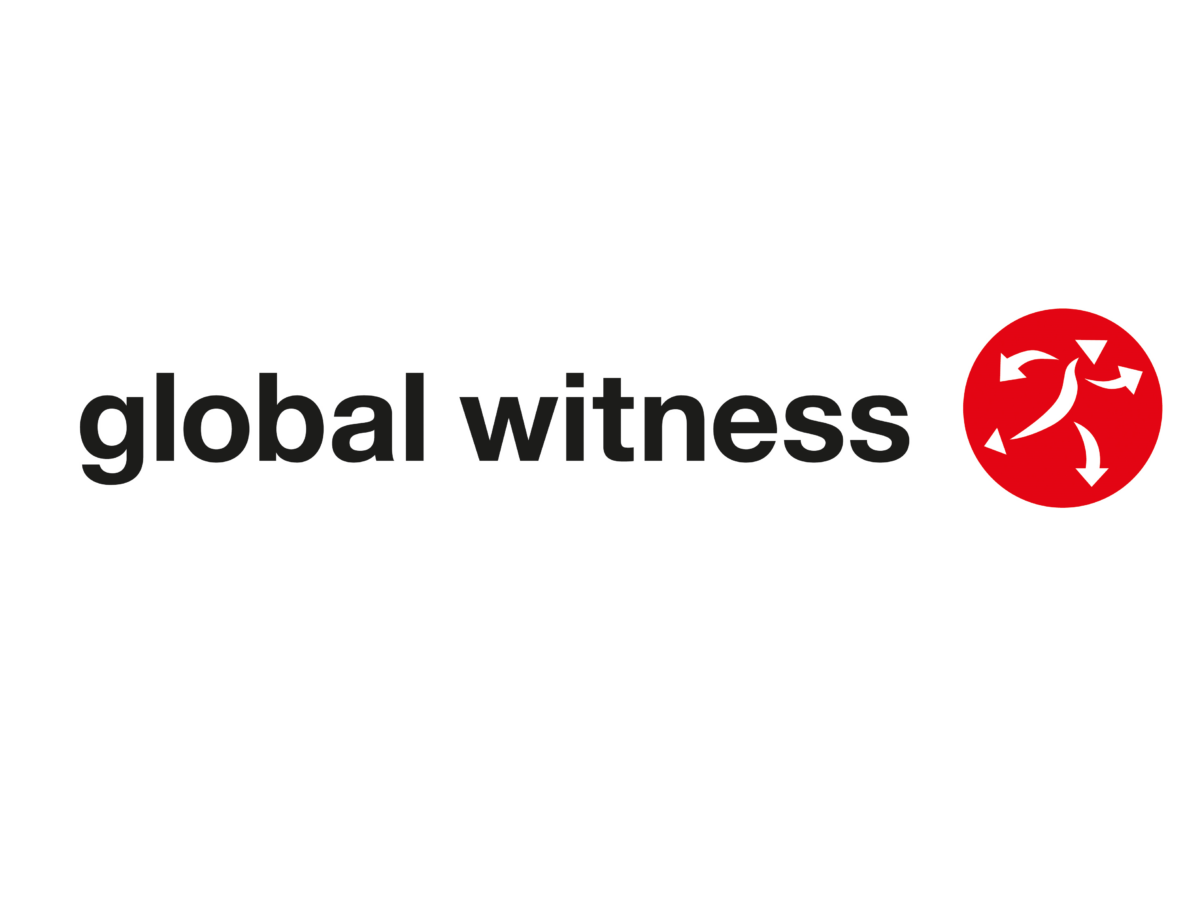
The Advertising Standards Agency has upheld a complaint over an Anti-Terrorist Hotline ad broadcast on the Talksport radio station.
The advertising watchdog banned the ad, produced on behalf of the Association of Chief Police Officers (ACPO), after complaints it was offensive.
After hearing the ad, ten listeners contacted the advertising watchdog with concerns that it could encourage people to report law-abiding citizens who happened to act in the manner described in the ad.
The ad stated: “The following message is brought to you by Talk Sport and the Anti-Terrorist Hotline.
‘The man at the end of the street doesn’t talk to his neighbours much, because he likes to keep himself to himself.
‘He pays with cash because he doesn’t have a bank card, and he keeps his curtains closed because his house is on a bus route.
‘This may mean nothing, but together it could all add up to you having suspicions.
‘We all have a role to play in combating terrorism. If you see anything suspicious, call the confidential, Anti-Terrorist Hotline on 0800 XXXXXX. If you suspect it, report it”.
The Metropolitan Police, responding on ACPO’s behalf, said the ad addressed the issue that terrorists lived in normal communities and what sometimes appeared to be insignificant behaviour could potentially be linked to terrorist activities.
The Met said activity and behaviour in the ad were based on trends identified at recent terrorism trials.
The Radio Advertising Clearance Centre (RACC) told the ASA that most consumers would understand the ad to be a legitimate call to action to help the police.
In addition, the Met said the slot in which the ad appeared included two adverts and travel credits and therefore it was heard in the context of a wider Anti-Terrorist Hotline awareness-raising campaign.
Like the RACC, Talksport told the advertising watchdog it did not believe the ad could be construed as offensive.
The radio station told the ASA that the ad’s script avoided stereotyping, made no appeals to prejudice and focused on activities which “together” could “add up” to indicating the presence of illegal activity.
Despite the protestations the ASA banned the advert under the ‘good taste, decency and offence to public feeling’clause of the Radio Advertising Standards Code.
The ASA concluded: ‘We considered that some listeners, who might identify with the behaviours referred to in the ad, could find the implication that their behaviour was suspicious, offensive.
‘We also considered that some listeners might be offended by the suggestion that they report members of their community for acting in the way described. We therefore concluded that the ad could cause serious offence.”
The ASA rejected two further complaints that the ad made an undue appeal to fear and a challenge that it was harmful as it could encourage people to harass or victimise their neighbours.



 Beaverbrook launches scholarships and prize fund
Beaverbrook launches scholarships and prize fund





 Investigation Officer (Forests), Global Witness
Investigation Officer (Forests), Global Witness Editor in Chief, Scottish Sun
Editor in Chief, Scottish Sun Features Producer, Economist Radio
Features Producer, Economist Radio